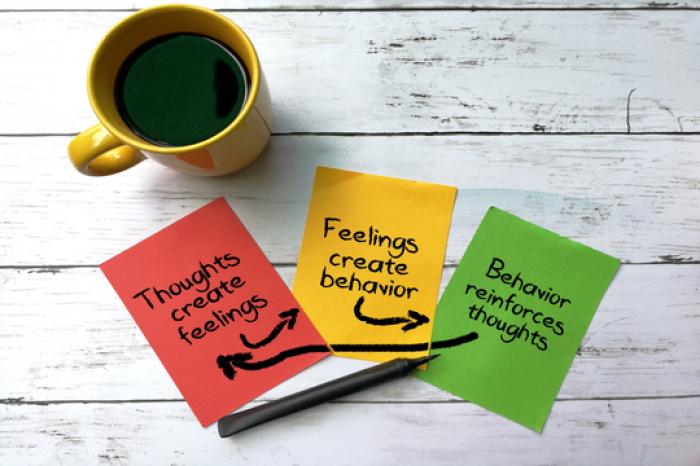
Obsessive-compulsive disorder (OCD) is a mental illness that causes people to have unwanted thoughts and feelings and to do repetitive behaviors. While most people are aware of the most common symptoms of OCD, there are many lesser-known facts about the disorder that are not as well known.
In fact, there are many people who are just like you. And if you’re struggling with OCD, it’s never too late to get help.
Here are some things that you might not know about OCD.
1. It’s Not Your Fault
If you have OCD, it’s not your fault. In fact, many people who have OCD don’t even know that they have it.
And if you think that you have OCD, it can be really hard to get help. You might think that it’s something that only other people struggle with, and that you’re alone in this.
But there are so many people who are just like you. And if you want to learn more about OCD, you can consult the best psychiatrist in Bhopal.
3. It’s Not a Disorder
OCD is not a disorder. And if you have it, it’s not something that you need to be ashamed of.
In fact, it’s a mental health condition that affects a lot of people. If you think that you have it, you’re not alone.
You might feel embarrassed or ashamed about it. But you don’t have to be.
4. There Are Treatments
If you have OCD, there are treatments available. You might not know that, but you can get help.
And if you want to learn more about OCD, you can visit the National Institute of Mental Health website.
5. It’s Not a Problem with Your Brain
There are some people who think that they have OCD because their brain is broken. But that’s not true.
It’s a mental health condition that affects your thoughts and actions. And if you have OCD, it’s not a problem with your brain.
Final Thoughts:
People with OCD don't just snap out of it. In fact, there are many people who have OCD for years who don't know they have it and don't seek help. Many times, it can take months or even years before a person realizes that they have a problem. So, if you think you have OCD, reach out for help from a professional.
- Latest Posts
- Best Psychiatrist in Hoshangabad – Dr. Sanjeet Diwan
- Best Psychiatrist in Itarsi –Dr. Sanjeet Diwan
- Best Psychiatrist in Mandideep – Dr. Sanjeet Diwan
- Best Psychiatrist in Obaidullaganj - Dr. Sanjeet Diwan
- Best Psychiatrist in Sehore – Dr. Sanjeet Diwan
- Link between Physical Exercise & Mental Health: An Insight from a Psychiatrist in Bhopal
- The Importance of Self-Care for Mental Health: An Insight from a Psychiatrist in Bhopal
- Addressing the Stigma Surrounding Mental Illness in Bhopal
- Choosing the Right Psychiatrist in Bhopal: A Guide for Patients
- Self Care for Mental Health: Tips and Techniques for Prioritizing Your Well-Being
- Top 6 Tips to Get Rid Of Drug Addiction
- How to Talk to Kids about Anxiety?
- How Can I Best Help My Child Manage His ADHD?
- How to Prevent Suicide in Your Teenage Child?
- How Exercise Affects Our Minds?
- 5 Damaging Myths about Personality Disorders
- What are Body-Focused Repetitive Behaviors?
- Top 8 Effective Ways to Overcome Body Image Issues
- 7 Behaviors That Might Point to Childhood Emotional Neglect
- How to Help Students Who Are Suffering from Mental Health Issues?
